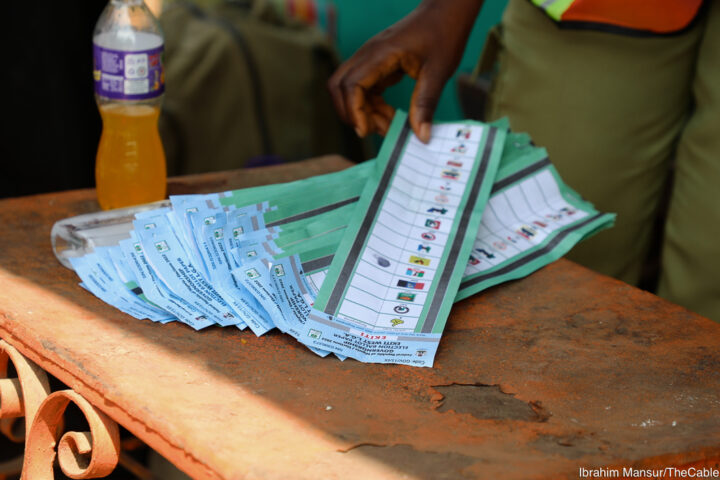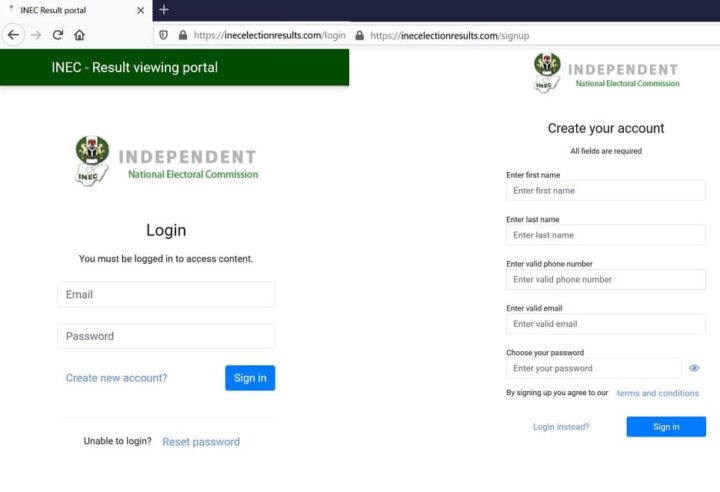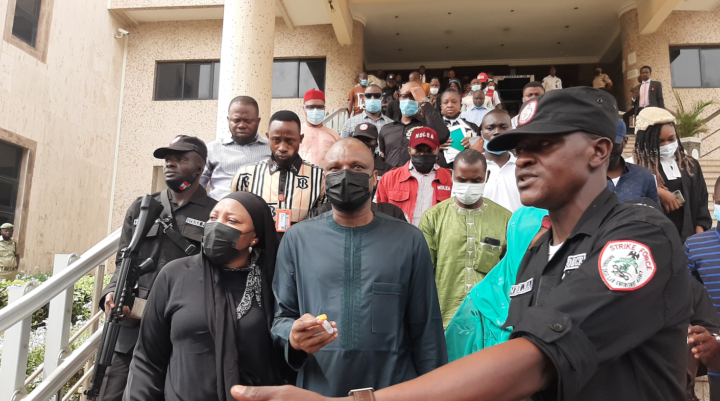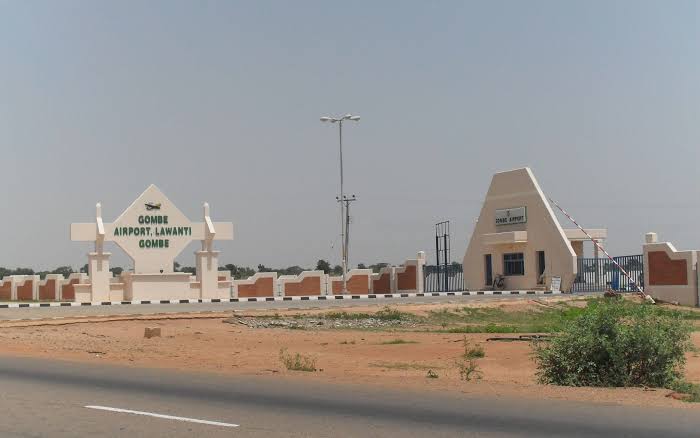YIAGA Africa, a civil society organisation, has shared findings on the electronic transmission of results in the 2022 Ekiti and Osun governorship elections.
Samson Itodo, YIAGA’s executive director, said the organisation curated an election result analysis dashboard (ERAD) as an independent audit and integrity test assessment tool for the result management of the Independent National Electoral Commission (INEC).
INEC had, in 2020, established a result viewing portal (IReV) to provide the public access to election results from polling units upon completion. The relative real-time publishing of election results was part of the commission’s commitment to transparency in results management, which Itodo said ERAD was piloted to test.
Sharing the findings on Thursday in Abuja, Itodo said some “issues” in the Ekiti and Osun elections affected the processing of results on the ERAD platform which was targeted at providing credible information.
Advertisement
“In the Ekiti election, eighty-eight (88) result sheets were not entered into the ERAD database due to issues that disabled data entry. Similarly, eighty-seven (87) results were not processed on the ERAD in the Osun election owing to some issues,” he said.
“Based on the ERAD findings, INEC presiding officers uploaded forms or documents other than Form EC8A as prescribed in the guidelines and manual for the election.
“Blurry images and poorly captured photographs of result sheets were uploaded on the IReV portal in both elections. It was impracticable to decipher the number of votes scored by political parties on the uploaded forms. In some cases, the presiding officers uploaded truncated images of result sheets. In other words, the images omitted segments of the result sheets.
Advertisement
“From the result sheets downloaded on the IReV, important delimitation data such as number of registered voters and accredited voters for polling units was either omitted or wrongly inputted on the Form EC8A.
“Contrary to the provisions of the electoral act 2022 and INEC guidelines and regulations, some polling unit level results (Form EC8A) uploaded on the IReV were not stamped or signed by the presiding officer.
“Based on results entered on the ERAD database, there was a variation in the total number of rejected ballots, and the figures announced by INEC at the final collation.”
Itodo said ERAD’s findings revealed inconsistencies in the data on the permanent voter card (PVC) collection, adding that it was noticed across over 10 LGAs in Osun.
Advertisement
“An analysis of the number of registered voters and the PVC collected by polling units revealed some inconsistencies in the data. Findings from the analysis on the Osun PVC collection data revealed that the total number of PVCs collected for 30 polling units was greater than the total number of registered voters in those polling units. These inconsistencies were recorded in 12 LGAs,” he said.
Itodo, however, commended INEC on the functionality and accessibility of the IReV portal, saying the “timing and frequency of the uploads were satisfactory” and that “users encountered no difficulty with the creation of user logins”.
In improving the transparency of election result management, Itodo recommended investment in the training of polling unit officials, with a special focus on result transmission, ballot paper accounting as well as the capturing of polling unit results using the bimodal voter accreditation system (BVAS).
He also called for the introduction of a form for reporting cancellation of results at the polling unit, to avoid upload of documents not relevant to the IReV or handwritten letters.
Advertisement
On his part, Mahmood Yakubu, INEC chairman, thanked YIAGA for demonstrating “innovativeness, ingenuity and commitment to the public interest and social responsibility” by introducing the novel ERAD project.
He said INEC would do more to leverage technology, legal methods and administration to ensure credible and accountable result management systems in the 2023 elections.
Advertisement
Add a comment






